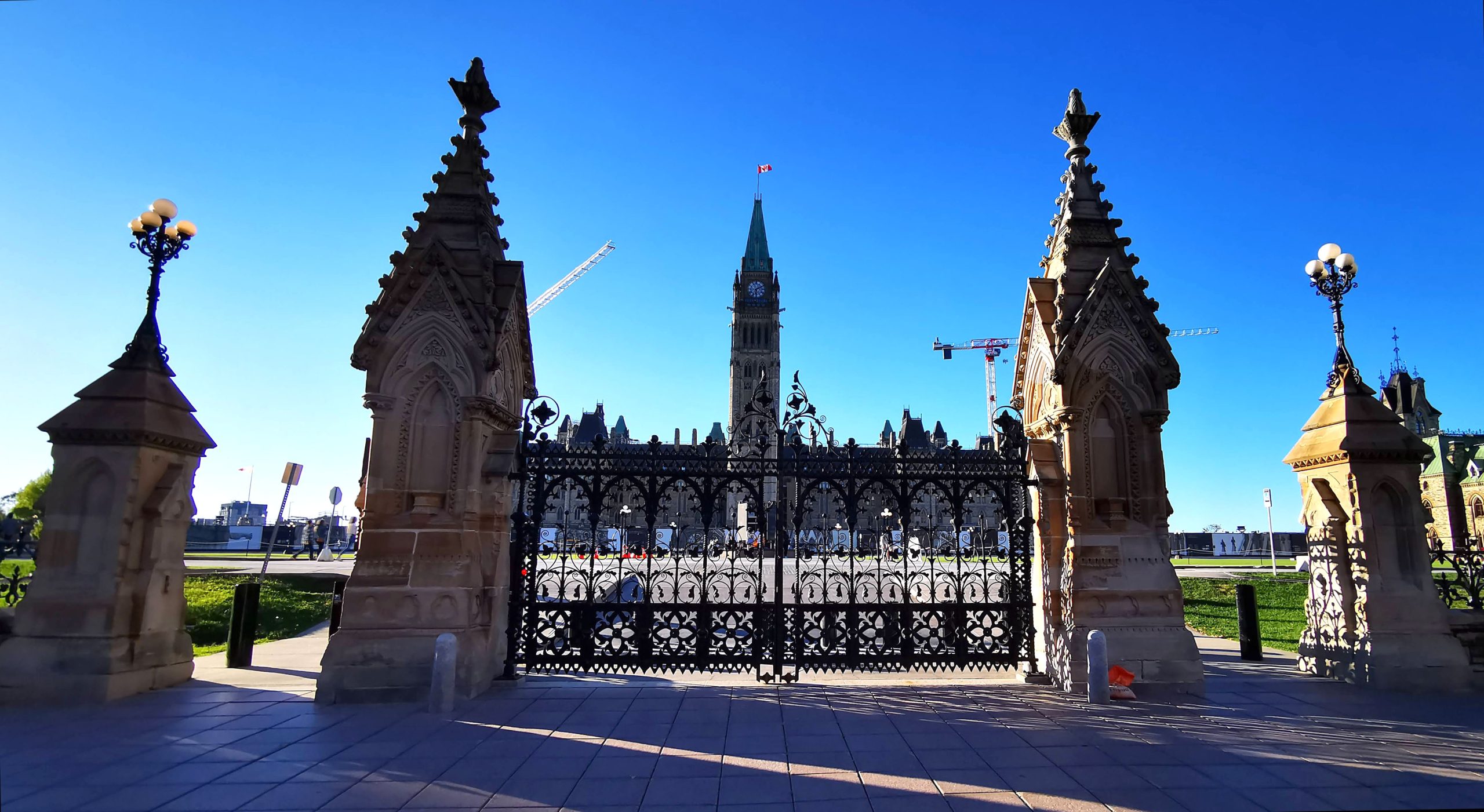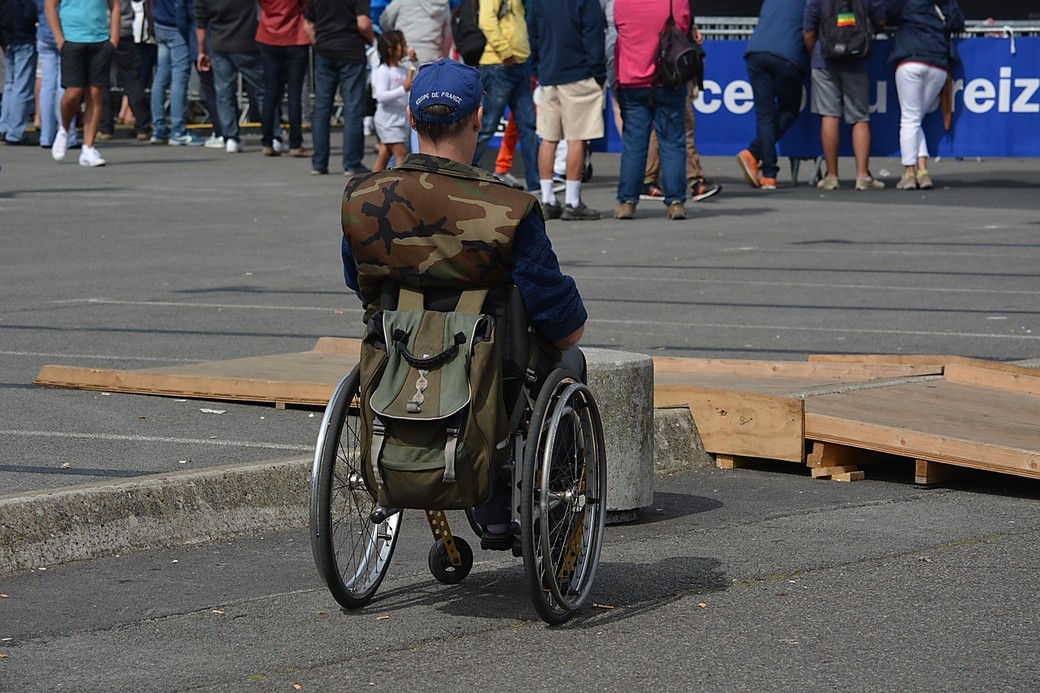
Council Approves 2025 City of Ottawa Operating Budget
The Ottawa City Council budget review meeting is a significant event of the year, where various city departments presented their 2025 operating budgets for Council approval, following consultations and preliminary approvals by their respective committees.
Councillor Cathy Curry tabled the Ottawa Police Service (OPS) budget, which was approved by the Ottawa Police Services Board (OPSB), a provincially sanctioned body that governs the OPS. Curry praised Mayor Suttcliffe for his presence at the OPSB meetings in the last two years, noting that the job is difficult and very different from the work usually done on Council.
The OPS will be getting a boost of 4.4 percent, amounting to $16.3 million. Curry highlighted that the new additions would include a mounted unit, increased foot patrols in the ByWard Market, and hiring 100 new officers. Chief Erics Stubbs said the plan is to shift 130 officers towards community policing, with the goal of 435 officers in the community policing roll by 2028. This target appears to align with the Core Strategy Stubbs spearheaded to increase policing in high-risk areas, such as the ByWard Market.
Most of the Council supported the OPS budget, with the progressive block of councillors voting against it, including Councillors Johnson, King, Leiper, Menard, and Kavanagh. Interestingly enough, Councillors Troster, a stalwart progressive on Council, and Councillor Catherine Kitts, who generally leans more to the centre, abstained from voting on the OPS budget.
Councillor Ariel Troster expressed concern about “displacement” with the expansion of community policing. She believes that the opening of the “cop shop” on Rideau has forced homeless people and people with addictions into her Somerset Ward. Councillor Laine Johnson asked about the use of force and racial bias within the police force, to which Stubbs responded that more body-worn cameras were being ordered as a measure of accountability.
In an unusual move, Transit Commissioner and River Ward Councillor Riley Brockington took the opportunity in the presence of OC Transpo General Manager of Transit Services Renee Amilcar to question the City Manager about how managers are reviewed at the end of a fiscal year. Despite near-constant interjection from Mayor Suttcliffe asking how Brockington’s line of questions was relevant, Brockington interjected that he wanted to establish that on-time service delivery was a priority for OC Transpo.
The City Manager confirmed this was the case. Brockington then asked Amilcar where in the budget the allocations were to increase service reliability for OC Transpo since one-quarter of all buses are currently late and reliability has not improved despite Amilcar receiving extra support staff to keep buses on the road.
In a repeat of recent Transit Commission monthly meetings, Amilcar responded incoherently and raised everything from driver layoffs in 2019 to the COVID-19 pandemic. Her response contradicts actions taken at OC, which has hired hundreds of staff members and drivers since the 2023 budget.
Brockington reiterated that his residents constantly inquired about when the dependability of the bus service would improve and asked for a timeline to bring the service reliability up to 85 percent. Amilcar shifted the goalpost in her response, saying that buses more frequent than 15 minutes have a service delivery rate of 82 percent, ignoring the less than 15-minute bus routes that bring the metric down to 71 percent overall for the transit service. She reiterated previous remarks where she blamed the lack of reliability on traffic. Amilcar said, “We know we have this problem.” However, she offered no solutions to the Council.
The mayor addressed Council regarding the budget for transit, pointing out that even in Gatineau, the Province of Quebec provides additional funding to help run public transit. Suttcliffe said that the city’s ridership would continue to climb back toward pre-pandemic levels and that problems created over the years would take time to fix.
The transit budget was approved, with Councillors Johnson, Troster, Brockington, Devine, Lo, King, and Menard all voting against it. It’s an interesting mix because Lo and Brockington are on the transit commission and would be considered more conservative than the other nay votes. Councillor Lo also worked as a bus operator for OC Transpo and in an office job at OC and is well-regarded and informed on transit issues within the city.
Other department budgets were carried, including the Public Library and Housing and Agriculture and Rural Affairs budgets. During discussions on the Planning Committee budget, Councillor Jeff Leiper asked for an expansion of “needle hunters” in parks to cover a park in Mechanicsville where a community group collects up to half a dozen needles daily. City staff responded that this could likely be covered, but they cannot give an estimate on the scale of expansion because the project is in cooperation with Ottawa Public Health.
Councillor Shawn Menard asked why the investment in affordable housing was down by $8 million, given the city had budgeted over $500 million on the P3 contract for Lansdown 2.0 but only $22 million on affordable housing for residents. It should be noted that Menard, whose ward includes Lansdown, was one of the most prominent critics of the Lansdown 2.0 P3 contract.
The discontent within the Council across political lines was clearly evident during the meeting. However, despite three opposing votes from Councillors Johnson, Devine, and Leiper, the budget received approval.
Ottawa homeowners will see a 3.9 percent tax hike in 2025, while transit users will have to pay five percent more. Seniors can continue to ride for free on Wednesdays and Sundays but will have to pay an additional $9 for a monthly pass.








